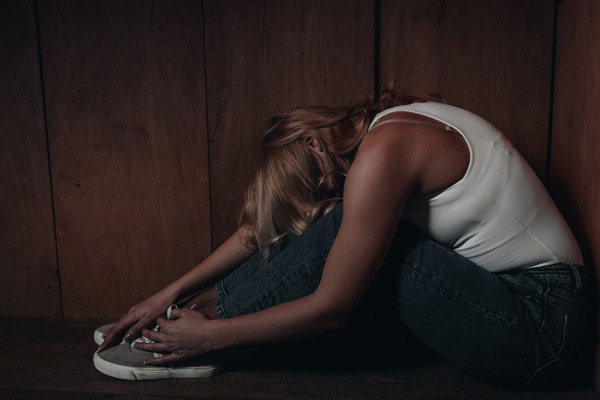Klonopin, often known by the generic name Clonazepam, is a narcotic that belongs to a class of drugs called benzodiazepines. It is often prescribed for anxiety, sleep, alcohol withdrawal, or seizures. Klonopin is only meant to be used on a short-term basis because it is highly addictive and habit-forming. Once you’re addicted to Klonopin, it’s not easy to get off the drug on your own and may require medical intervention in a drug detox program.
Dependency on Klonopin
Klonopin works by increasing the effects of GABA receptors in your brain to produce a calming effect. GABA slows down some of the nerve signals in your brain and relaxes your mind and body. When someone takes Klonopin for longer than a few weeks, they become dependent on the medication to function normally. After some time, the body will stop producing neurotransmitters when Klonopin is taken continuously for a long period; the user is feeding their brain regularly with this chemical, and it thinks it no longer needs to produce the neurotransmitters itself. If the drug is stopped once a user becomes dependent, physical withdrawal symptoms will occur. Since Klonopin is a long-acting benzodiazepine, it’s half-life is 30 to 40 hours so it can take quite some time for withdrawal symptoms to occur. The withdrawal symptoms can start from two to seven days from the last time you take the medication and last on and off for two to eight weeks. The severity and duration of Klonopin withdrawal depends on the length of time the drug was taken, the amount the person took, how frequently they took it, whether they mixed it with other substances, and the individual’s physical and mental health at the time of detox. Klonopin withdrawal typically happens in phases; acute and post-acute. Some of the acute withdrawal symptoms on the drug include:
- Hallucinations
- Irritability
- Increased body temperature
- Trouble with coordination
- Sleeplessness
- Nausea
- Anxiety
- Seizures
- Sweating
- Increased heart rate
- Hand tremors
- Panic attacks
After the initial withdrawal symptoms or acute phase, which lasts two to four weeks, comes the post-acute withdrawal phase that can last much longer for benzodiazepine addiction. However, recovery is possible with the proper support system, counseling, and aftercare. According to information put together by the National Library of Medicine:
Withdrawal from normal dosage benzodiazepine treatment can result in several symptomatic patterns. The most common is a short-lived “rebound” anxiety and insomnia, coming on within 1-4 days of discontinuation, depending on the half-life of the particular drug. The second pattern is the full-blown withdrawal syndrome, usually lasting 10-14 days; finally, a third pattern may represent the return of anxiety symptoms which then persist until some treatment can be instituted. (NIH)
Post-Acute Klonopin Detox and Withdrawal
The second phase of Klonopin withdrawal and detox, also known as the post-acute or protracted withdrawal phase, can last up to 18-24 months after the user stops the medication. Some of the post-acute withdrawal symptoms include:
- Anxiety
- Irritability
- Mood-swings
- Depression
- Restlessness
The withdrawal and detox from Klonopin are very similar to alcohol. Both of these are likely the worst withdrawal one could ever experience and the most dangerous. You can die from the withdrawal of both Klonopin and alcohol if you do not get the proper care during detox. A medically supervised detox program is imperative. The withdrawal symptoms from Klonopin can range from mild to severe, can come and go, and can affect you both physically and mentally.
Treatment for Klonopin Addiction
As stated above, a medically supervised detox facility is necessary for the treatment of a Klonopin addiction due to the high risk of grand mal seizures. These dangerous seizures can happen without notice, usually at around day 10, if Klonopin is abruptly discontinued. They can happen without any earlier signs of withdrawal too. These seizures are rare, but it’s impossible to predict who may be affected. If you or someone you love is struggling with an addiction and in need of help, our addiction specialists are available around the clock to assist you. Evoke Wellness at Cohasset offers solution-focused addiction treatment. We cater to the individual needs of each patient. Call us today to get started on your road to lasting recovery!




